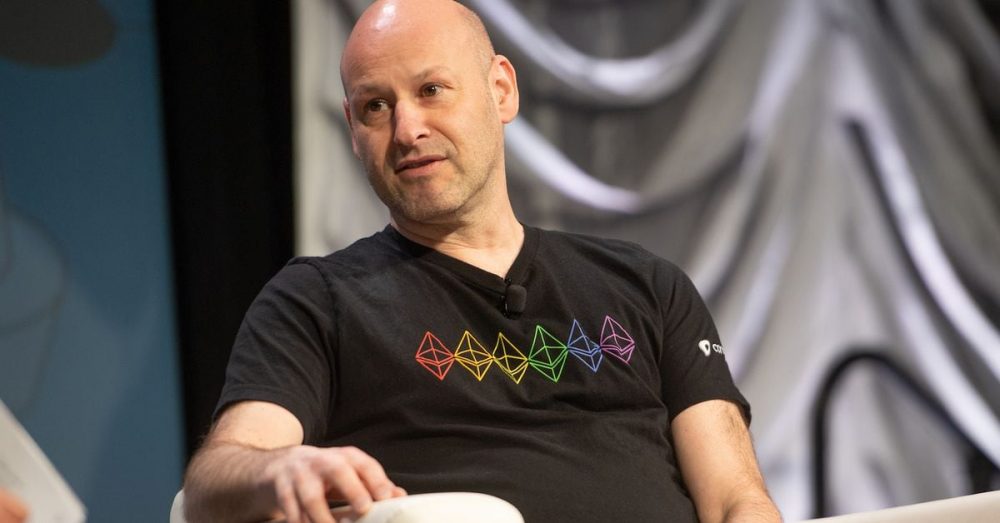Infura, the crypto infrastructure firm from ConsenSys, is one of the most popular solutions for developers to hook up applications to blockchains. The platform has grown into a core pillar of the blockchain world – powering many of the largest apps on Ethereum and a variety of other blockchains. But it’s also become an object of criticism.
For years, Infura came under fire for being too “centralized,” its dominance seen as a a single point of failure for the wider crypto ecosystem. Using Infura has historically meant plugging one’s blockchain app directly into Infura’s own servers – trusting Infura for uptime and data accuracy. Occasionally, this has led to mishaps and controversy, such as when Infura dropped offline or opted to censor data to comply with government sanctions.
So when Infura announced more than a year ago plans to finally “decentralize” key elements of the service, it seemed intent on addressing these criticisms.
“There’s that ethos in Web3 about decentralization being a core value,” Thomas Hay, the lead product manager for Infura, told CoinDesk. “We know there are advantages to a centralized service in terms of the ease of use and the ability to get up and running, but moving in the direction of being a decentralized service allows some really interesting things to get done.”
On Wednesday, Infura is taking its first concrete step towards decentralization. With its new “Decentralized Infrastructure Network,” or DIN, Infura is joining with Microsoft, Tencent and a variety of crypto firms in what it described in a press release as “a powerful new way for developers to connect to Ethereum and other top-tier blockchains.”
‘Failover’ switch
The broad strokes of how Infura works are not changing under its new program, at least not yet, and it may seem a bit of a stretch for Infura to call its hand-picked network of infrastructure partners as “decentralized.” However, the first new Infura feature to come from DIN could go a long way towards helping the platform address one of the biggest challenges it currently faces around reliability.
The new feature is a “failover” switch that Infura users can optionally flip on to protect against network hiccups.
“If we’re experiencing conditions where the service is suffering for the end user, we have routing in place in failover,” explained Hay. In the event that Infura’s own blockchain nodes go offline, “requests are then able to move to a partner who has been vetted through a series of load and quality assurance tests.”
Failover, which will begin by rolling out to Ethereum and Polygon, could help Infura guarantee greater uptime to developers. This single feature – and Consensys’ “federated” network of partners – doesn’t do much to address broader concerns around data integrity and censorship, but it is just a first step in Infura’s roadmap towards “progressive decentralization.”
“It’s a progressive movement,” explained Hay. “Instead of jumping all in and saying, ‘We’re gonna open up and have all these different features,’ let’s start with a feature that really everyone needs.”







